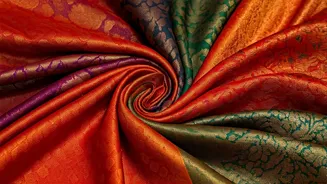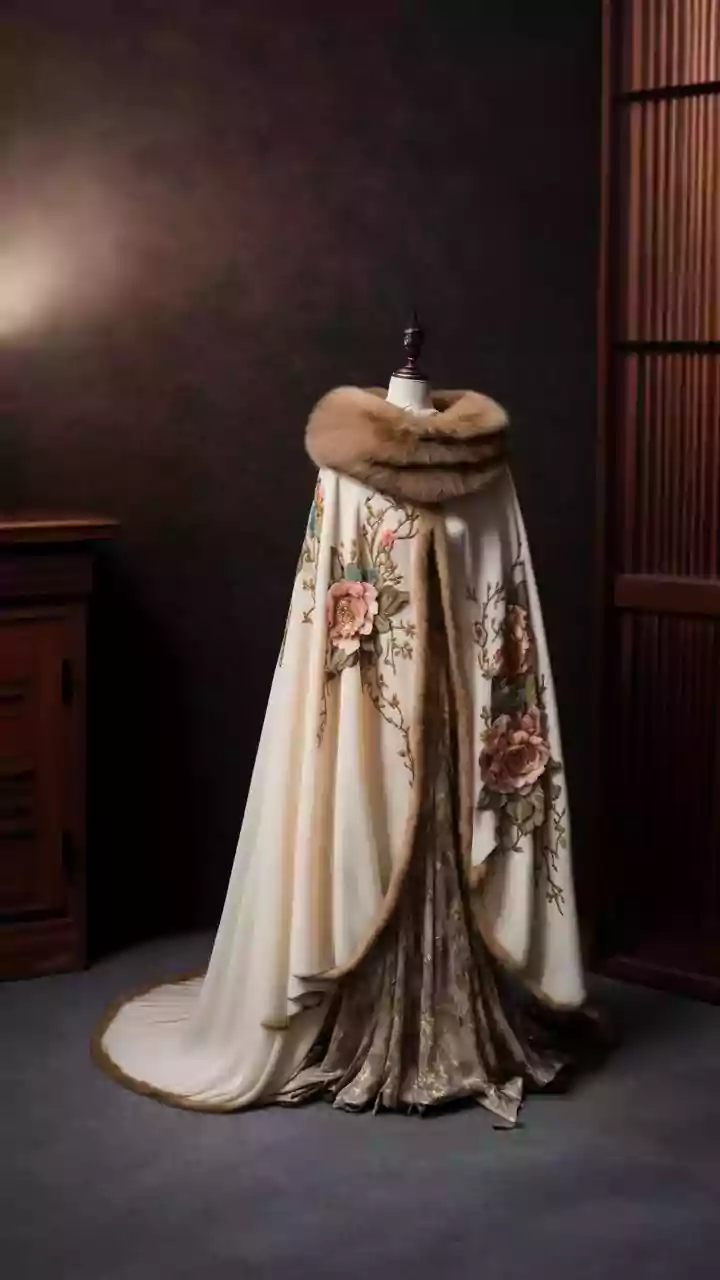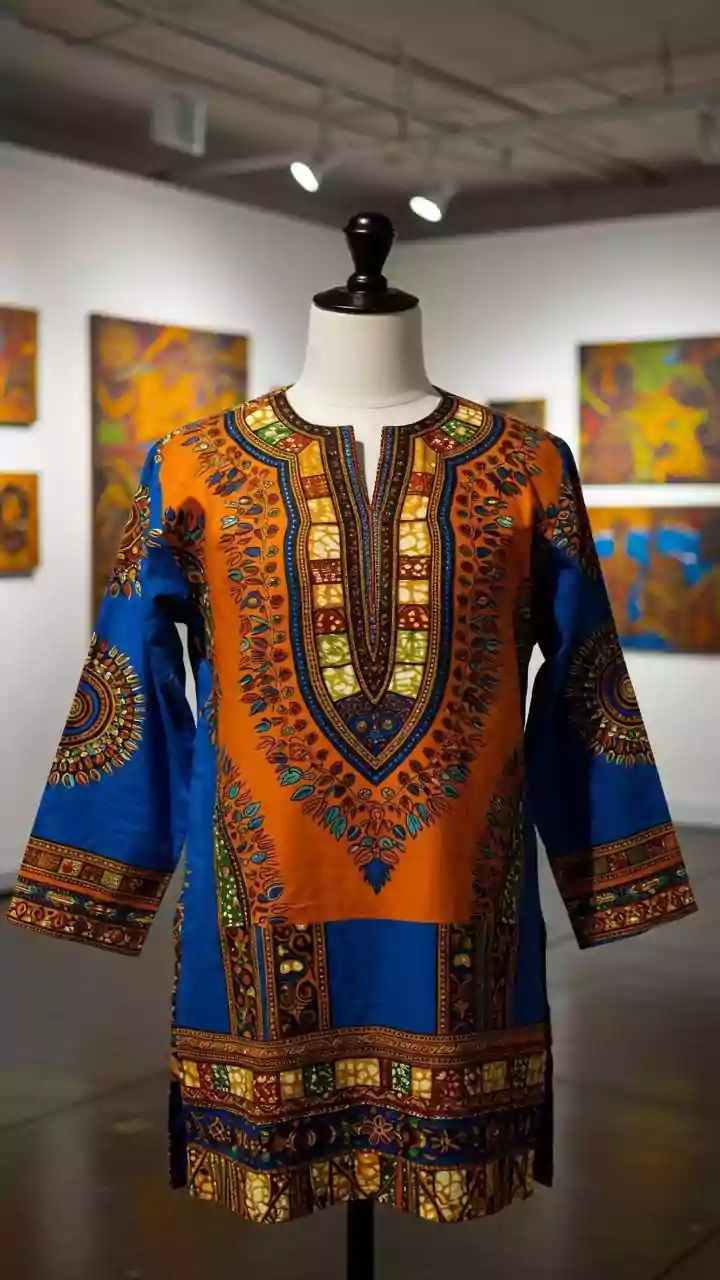Roots of Indian Fashion
Fashion in India has a deep history, originating from ancient civilizations and evolving with each era. The earliest forms of clothing included draped
garments like the dhoti and sari, made from natural fibers such as cotton and silk. These textiles were often adorned with intricate embroidery, vibrant dyes, and embellishments, reflecting the region's diverse artistic skills. The Mughal period added luxurious textiles, including brocades, velvets, and complex patterns, influencing the fashion landscape. Regional variations also emerged, with distinct styles and textiles reflecting local traditions and climates, which were very significant in shaping the sartorial landscape of the country. This early fashion highlighted more than just basic clothing; it was a way of showing identity and status.
Fusion of Tradition, Modernity
Modern Indian fashion is a blend of old and new, celebrating tradition while embracing contemporary styles. Designers are skillfully merging classic silhouettes with modern cuts and fabrics, giving rise to unique trends. The sari, for example, is now worn in various ways, from traditional draping to contemporary designs. Indian fashion designers are increasingly gaining international recognition, presenting their collections on global platforms. This rising interest has led to greater awareness of Indian aesthetics worldwide. The use of innovative technology in textile production and design is further driving this transformation, creating stylish, sustainable pieces. This combination of tradition and modernity has created a vibrant and dynamic fashion industry that is making its mark globally.
Cultural Significance in India
In India, fashion reflects cultural identity, social status, and personal values. Clothing plays a vital part in celebrations, religious ceremonies, and daily life. Various outfits, jewelry, and accessories show ethnic diversity, with each state and community having distinct dress codes. The vibrant colors, intricate patterns, and elaborate designs present in traditional attire carry significant symbolism, conveying stories of history, mythology, and cultural beliefs. Beyond functionality, fashion serves as a means of self-expression, allowing people to display their personalities, affiliations, and creative sensibilities. It encourages a sense of unity and pride through shared cultural elements while also celebrating individual uniqueness. The importance of fashion demonstrates its role in shaping social interactions and preserving cultural legacy.
Key Trends Shaping Fashion
Several notable trends are influencing the Indian fashion scene. Sustainable fashion, which prioritizes environmentally friendly materials and ethical production methods, is gaining popularity among conscious consumers. Minimalist designs, focusing on simple lines, neutral palettes, and practical silhouettes, resonate with those who value sophistication and comfort. Fusion wear, integrating Indian elements with Western styles, offers versatility and adaptability. There is an increasing demand for handloom fabrics and artisanal craftsmanship, supporting local artisans and preserving traditional techniques. Furthermore, collaborations between designers, brands, and artisans are creating innovative products that celebrate India's rich heritage. These trends reflect the evolving values and preferences of modern consumers, promoting inclusivity, cultural appreciation, and environmental consciousness.
Fashion's Influence on Self
Fashion is a powerful tool for self-expression, allowing individuals to define their identities and share their personal stories. Clothing choices, whether formal or casual, can convey moods, beliefs, and aspirations, creating a visible representation of one's inner self. The ability to experiment with different styles and trends enables people to reinvent themselves, try new ideas, and step outside of boundaries. Fashion also empowers individuals to showcase creativity and originality, whether through accessorizing, mixing patterns, or customizing outfits. By embracing fashion, people can boost self-confidence, connect with like-minded individuals, and cultivate a sense of belonging. The power of fashion to impact one's image, boost confidence, and foster social connections further highlights its enduring significance in India.





















